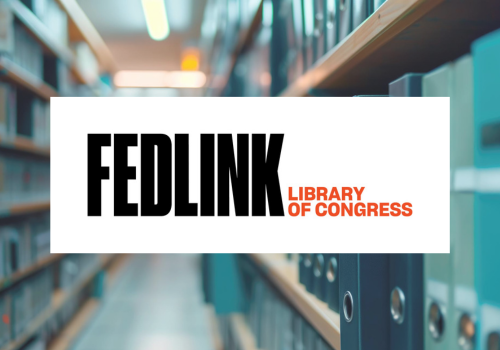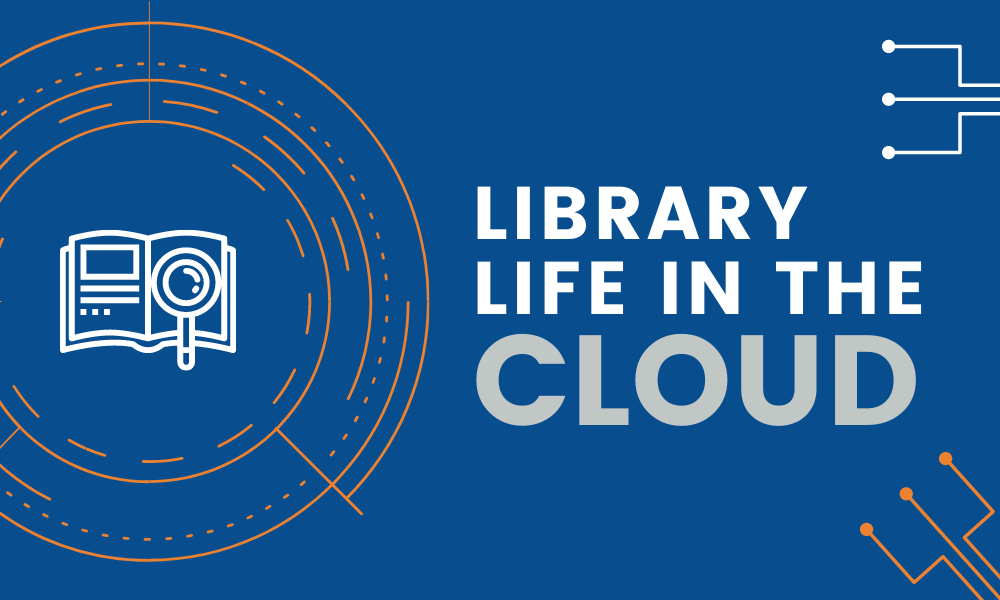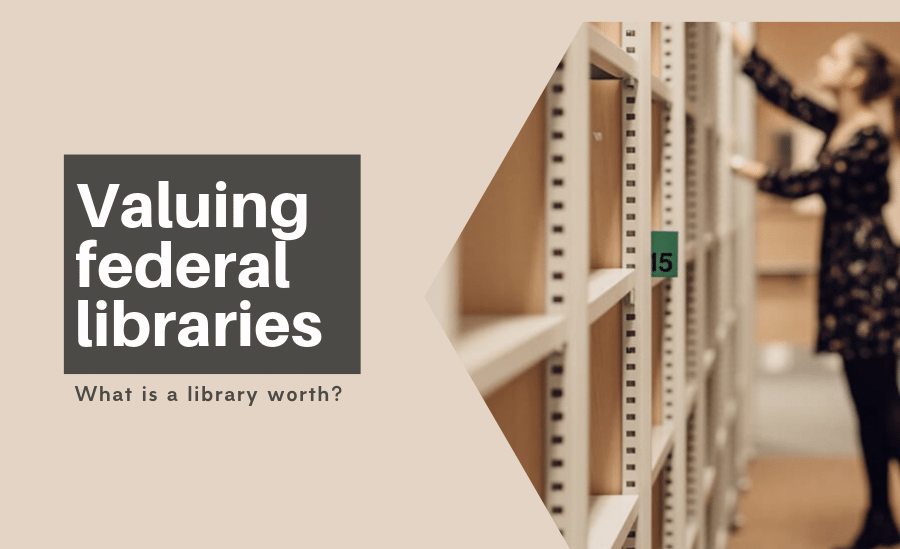Information centers, whether in traditional libraries, law firms, or universities, must deal with a growing number of third-party vendors like LexisNexis, Thomson Reuters (Westlaw) and 3M Library Systems, just to name a few, which provide products and services essential to a modern research enterprise. Library professionals are not expert negotiators and so may feel intimidated by the prospect of negotiating with vendors. But it doesn’t have to be that way.
I attended a recent discussion hosted by the Special Libraries Association Maryland Chapter entitled, “Tips from the Trenches: Negotiating Tips from Librarians and Vendors,” featuring a panel of vendor representatives and librarians who explored library-vendor relationships and negotiations for library products. The panel included James King from National Institutes of Health Library, Victor Castellanos of Clarivate Analytics, Leigh Ann DePope, Acquisitions and Data Services at University of Maryland at College Park and Wendy Maines from Thomas Reuters.
I’ve incorporated some comments from the presentation, along with advice from such authorities as Harvard Law School’s Program on Negotiation (PON), into a set of tips to help information professionals feel more confident about product negotiations with vendors.
- Preparation is key
Do your homework not only on the vendor you are negotiating with but on competing vendors and their products. Coming to the negotiation table armed with knowledge is half the battle. Have a Plan B already in place before talks start.
Remember that you’re negotiating not only cost but service and quality. Price is an important part of the negotiation, but not the only part. Among other matters to be negotiated are the customer service and IT support available for the product, the product’s content, and product development.
- Build relationships and leverage existing relationships with vendors
Think of negotiation not as a contest but an ongoing conversation in which you learn the other’s specific goals and needs and try to fit in with them. For instance, both sides can use the other for help in product testing.
If you’re already a customer, remember the vendor prefers to keep you that way. If they suspect you are looking into their competition, they might make some reasonable concessions.
- Listen to the other party
Part of negotiating is listening. For both vendors and information professionals, it’s important to learn each side’s needs and expectations, including what is sought to be achieved by use of the product.
Understand the strengths and weaknesses of the product and pay attention to how the vendor explains their product to different parties. Asking a lot of questions about the product and service is imperative. Also make sure the vendor listens to you and understands your institution’s needs.
- Have realistic expectations
Vendors and information professionals must have realistic expectations in conducting their negotiations. As UMCP’s Leigh Ann DePope explained, it is not a competition between the vendors and information centers, but a collaboration to help patrons complete their researching needs.
- Have a backup plan
Harvard Law School’s PON recommends that negotiators have what it calls a “best alternative to a negotiated agreement,” or BATNA, to enhance their bargaining power, saying:
“The more appealing your best alternative is, the more comfortable you will feel asking for more in your current negotiation—secure in the knowledge that you have a good option waiting in the wings.”
- Don’t negotiate under pressure
Don’t wait until an important vendor contract is about to expire to begin your negotiations. Give yourself plenty of time in advance to do your research, and most importantly, to back out of the negotiations if they’re not going your way, so you have time to pursue Plan B.
- Avoid self-defeating hardball tactics
Says Harvard’s PON:
“Because negotiators tend to respond in the way they are treated, one party’s hardball tactics can create a vicious cycle of threats, demands, and other hardball strategies. This pattern can create a hard-bargaining negotiation that easily deteriorates into impasse, distrust, or a deal that’s subpar for everyone involved.”
Remember, you don’t have to tolerate these tactics from the other party. Beware of bluffing, puffing, feather ruffling, and take-it-or-leave-it negotiation strategies.
- Make win-win work for you
Negotiation in the information services context should not be about “besting” the other party but about both parties coming to a mutually beneficial agreement—otherwise known as “win-win.”
According to Massachusetts Institute of Technology professor Lawrence Susskind, “win-win” negotiation doesn’t have to involve making concessions to the other party or ensuring total fairness and equity of terms. Rather, it involves,
“working to get the best deal possible for yourself while also working to ensure that your counterpart is satisfied. It means making offers that are good for them and great for you. And it means thinking creatively about how you can get more of what you want by helping the other side get what they want.”
- Be prepared to negotiate internally
You may not be in a position to negotiate directly with vendors, but as a member of the team and a valuable information resource, your opinions matter. Be willing to stand up for yourself and to help your department fight for resources, especially when budgets are flat or shrinking. You must be able to communicate to your superiors why this investment is important for the entire organization.
The “Tips from the Trenches: Negotiating Tips from Librarians and Vendors” presentation was very helpful, and I’m sure the 20 or so other librarians that attended from the Maryland SLA chapter would agree. Panelist Leigh Ann DePope summarized that it is not a competition between the vendors and information centers, and by keeping that in mind, the negotiation process will be less daunting and more productive.



